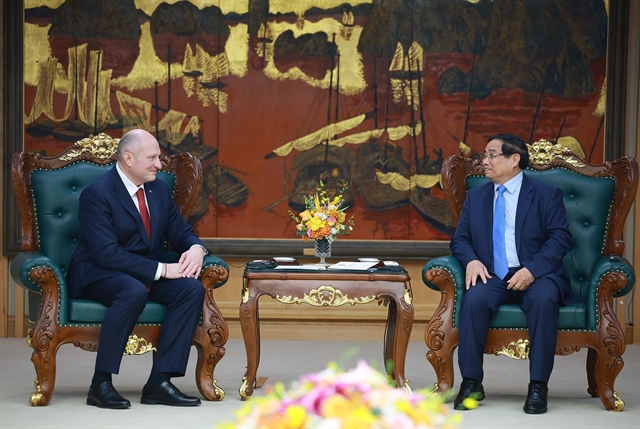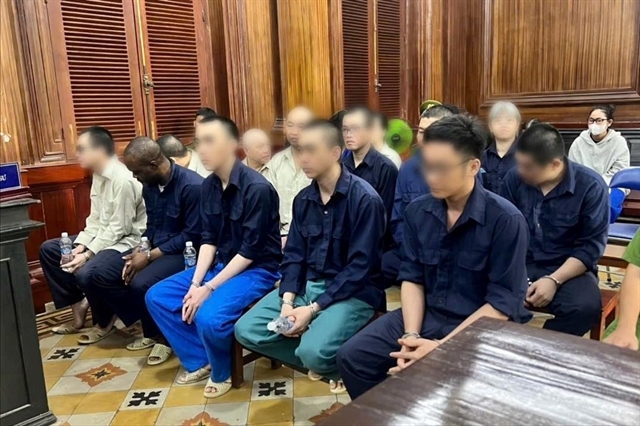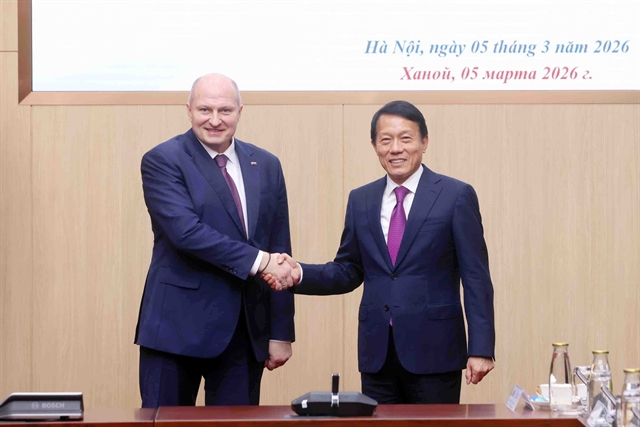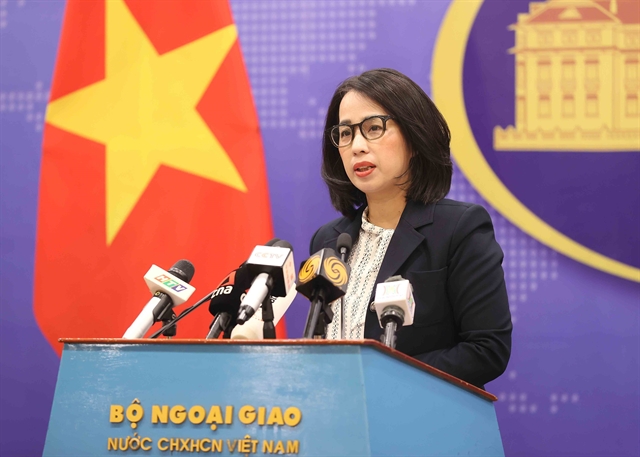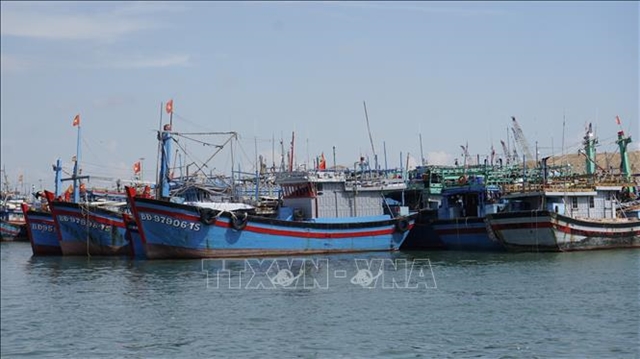 Society
Society
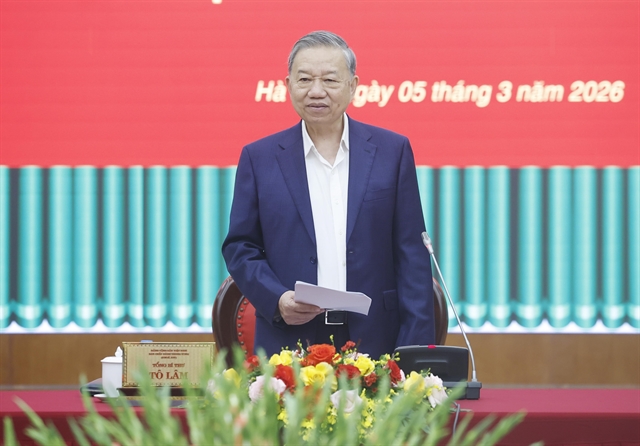
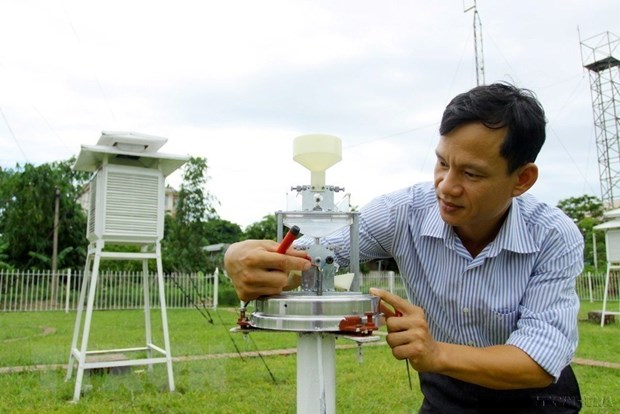 |
| New technologies have been used at the hydrometeorological centres in the northern, central and southern regions. — VNA/VNS Photo Thế Duyệt |
HÀ NỘI — The Vietnam Meteorological and Hydrological Administration (VNMHA) has been maximising resources from partnerships and support to modernise and gain access to technology, particularly artificial intelligence (AI), for its operations.
The administration, which is under the Ministry of Natural Resources and Environment (MoNRE), has been applying Logistic Regression Model (LRM), Random Forest (RF) and Decision Tree Classifier (DTC) to improve information accuracy in forecasting thunderstorms and lightning since last year.
Computer vision technology has also been developed for the automatic detection and measurement of hydrological levels from monitoring images.
These technologies have been used at the hydrometeorological centres in the northern, central and southern regions.
AI has also been applied in image analysis and research, document digitalisation and automatic data recording.
This technology and big data are also being utilised in early warning of dangerous natural phenomena, such as typhoons, large-scale rain, cold spells, floods or storm-induced sea level rises.
A number of AI-related research papers are also being conducted, including developing an AI system in typhoon forecasting in the East Sea (internationally known as the South China Sea) that affects Việt Nam; technological innovation in forecasting storm-induced sea waves and sea level rises within 24 hours by analysing big data; new technology application for short-term precipitation for the midland and mountainous areas; flood monitoring, forecasting and warning system in HCM City; as well as a pilot programme for drought and salinity forecasting in Sóc Trăng Province.
VNMHA’s deputy director Hoàng Đức Cường said that the goal is that by 2030, the sector will reach the advanced science-technology level of the Asian region, capable of providing hydrometeorological data and information promptly and correctly in order to respond to the requirements in socio-economic development and natural disaster prevention and control.
The administration has also set up a Steering Committee for Digital Transformation in the 2021-2025 period, aiming to accelerate the development and operation of smart, optimised and automatic systems.
In the near future, the VNMHA will work together with IT-specialised units on AI applications for identifying dangerous hydrometeorological patterns. These include the Viettel Military Industry and Telecoms Group, the natural resources data and information technology department (under the MONRE) and local universities. — VNS

